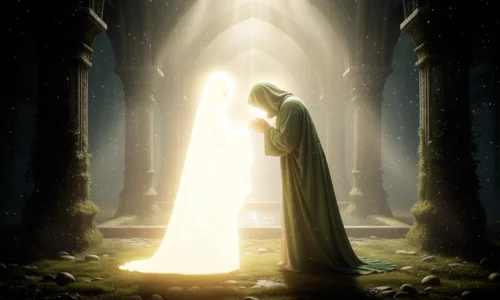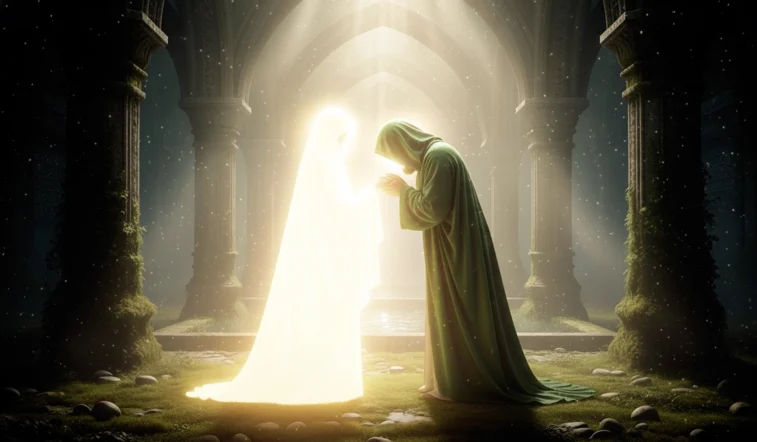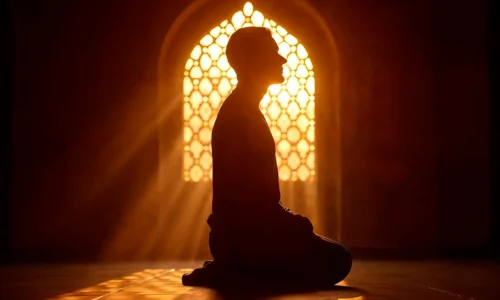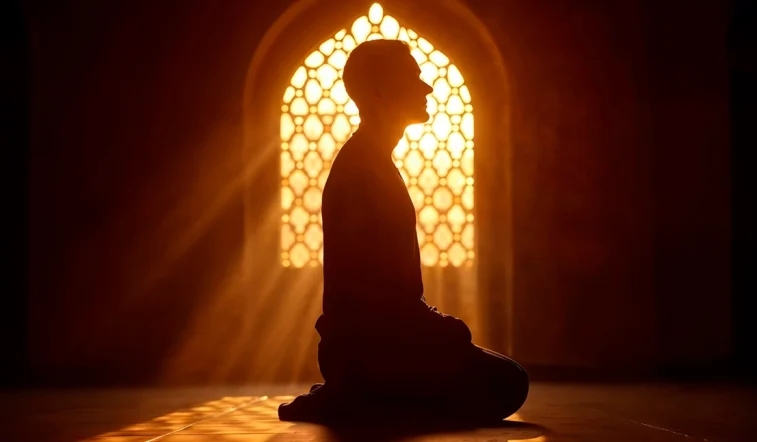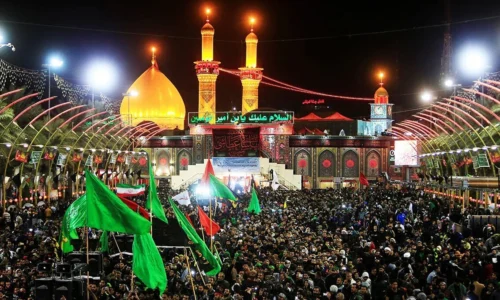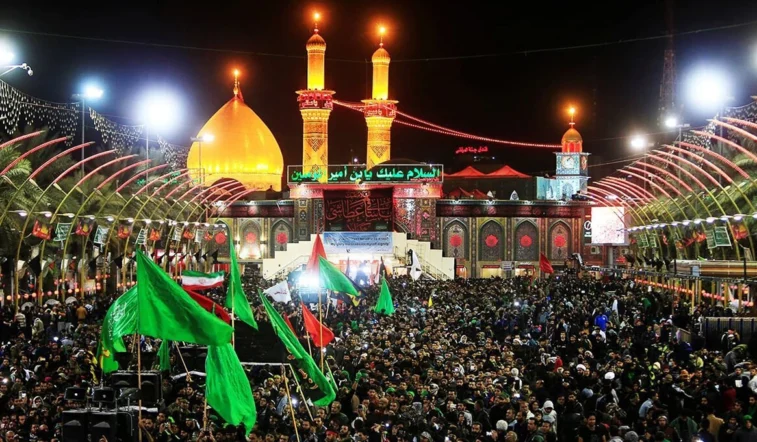The awaited return of Imam Mahdi (peace be upon him) is not only a significant theological belief in Islam—particularly in Shi’a tradition—but also a profound promise of a future world governed by justice, truth, and peace. Unlike worldly rulers who often gain power through conflict or fear, Imam Mahdi’s government will be founded on compassion, wisdom, and moral leadership. His mission is not merely political—it is spiritual and human-centered, transforming society through kindness, mercy, and respect for all.

1. The Foundation: Justice Balanced with Mercy
Imam Mahdi’s rule will not resemble the cold, authoritarian regimes seen in human history. While his leadership will be just and firm against oppression, it will be deeply rooted in mercy and compassion. His government will reflect the Qur’anic ideal:
“Indeed, Allah commands justice and good conduct, and giving to relatives, and forbids immorality and bad conduct and oppression…”
~(Qur’an 16:90)
This means:
- Justice without cruelty
- Accountability without humiliation
- Guidance without coercion
He will correct the wrongs of the world not by revenge, but by restoring dignity to the oppressed and moral order to society.
2. A Government of the Heart: Leading with Character
Imam Mahdi’s greatest power is not military might or political alliances—it is spiritual authority and moral leadership. His rule will be based on:
- Truthfulness and transparency in governance
- Compassion for the weak and forgiveness for those who repent
- Humility, not arrogance—even though he is the divinely appointed leader
People will follow him not because of fear, but because they will love and trust him. His character will reflect the noble traits of the Prophet Muhammad (PBUH), whose legacy he continues.
“The Mahdi will follow in the path of the Prophet. He will not wrong anyone.”
~Hadith, Al-Bihar
3. Peace Through Unity, Not Division
One of the central missions of Imam Mahdi is to unite a fractured world. Today, divisions based on race, nationality, wealth, or sectarian identity fuel conflict and hatred. But under his leadership:
- National borders will not divide hearts
- Religious differences will be respected, and truth will be gently clarified
- Justice will be equal for all—regardless of status or background
Imam Mahdi’s government will eliminate discrimination, restore brotherhood, and heal the wounds of division.
4. A Just Economy: Dignity for Every Person
One of the signs of his government will be the end of economic injustice:
- Wealth will be fairly distributed
- Poverty will be eradicated
- Greed and exploitation will be dismantled
People will no longer hoard riches while others suffer. Work will be honored, and giving will become a joy, not a burden. Charity, mutual support, and contentment will become the norm—driven not by force, but by the love of justice.
“He will fill the Earth with equity and justice as it was filled with oppression and tyranny.”
~Hadith, Sahih Muslim
5. Education, Knowledge, and Enlightenment
Imam Mahdi will spread not only peace, but light—the light of knowledge. In his government:
- Ignorance will be replaced by awareness
- Science and spirituality will work in harmony
- People will be encouraged to seek wisdom—not just for career, but for the soul
This transformation will bring about a global renaissance of morality, reason, and reflection. People will not just obey—they will understand.
6. Kindness as Policy, Respect as Law
The tone of Imam Mahdi’s rule will be one of gentleness. This does not mean weakness—it means strength used righteously.
- Enemies will be invited to reform, not crushed immediately
- Differences will be approached with dialogue, not violence
- Respect for human dignity will be central to all laws
Even those who once opposed him will be amazed by his grace and patience, and many will be guided simply by witnessing his character.
7. A Government Prepared by the People
Belief in Imam Mahdi is not just about awaiting a savior—it’s about becoming part of the solution. Those who truly await him must strive to:
- Live with justice in their own lives
- Practice kindness and respect in their communities
- Reject oppression and falsehood in all forms
The Mahdi’s government is not built in a single day. It begins in the hearts of those who prepare for it.
Conclusion: The Government of the Promised One
Imam Mahdi’s government will be unlike any in human history—not because of wealth or weapons, but because of its purity, justice, and compassion. It will not enslave—it will liberate. It will not command through fear—it will lead through love.
At a time when humanity is weary from division, corruption, and cruelty, the arrival of Imam Mahdi offers a vision of hope: a world built on kindness, respect, and divine justice—a world finally at peace with itself.
“The best people of my nation are those who love the family of my household and await the appearance of my son, al-Mahdi.”
~ Prophet Muhammad (PBUH)
